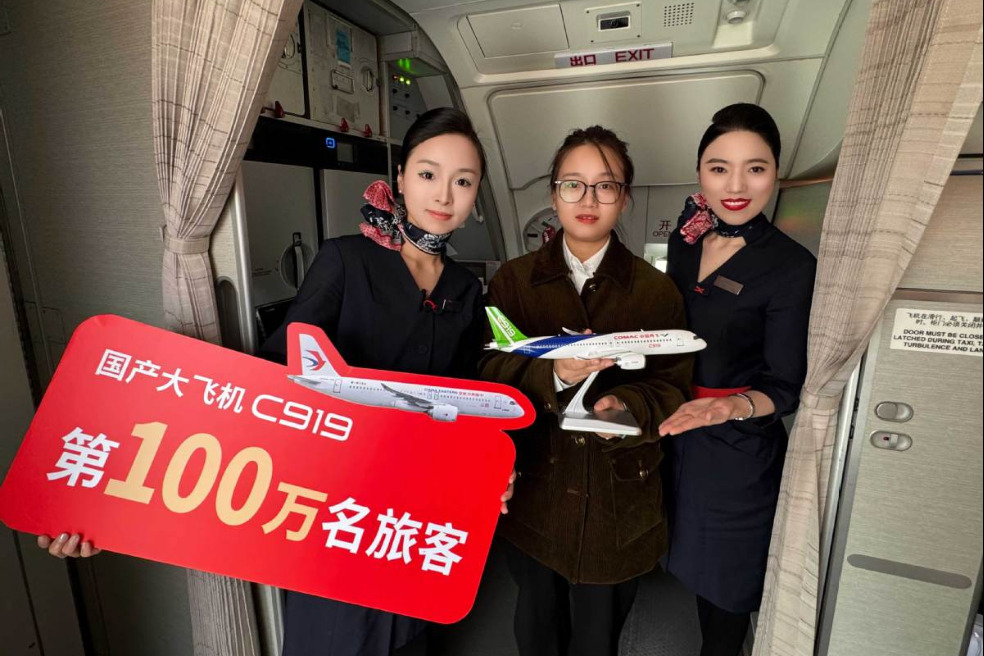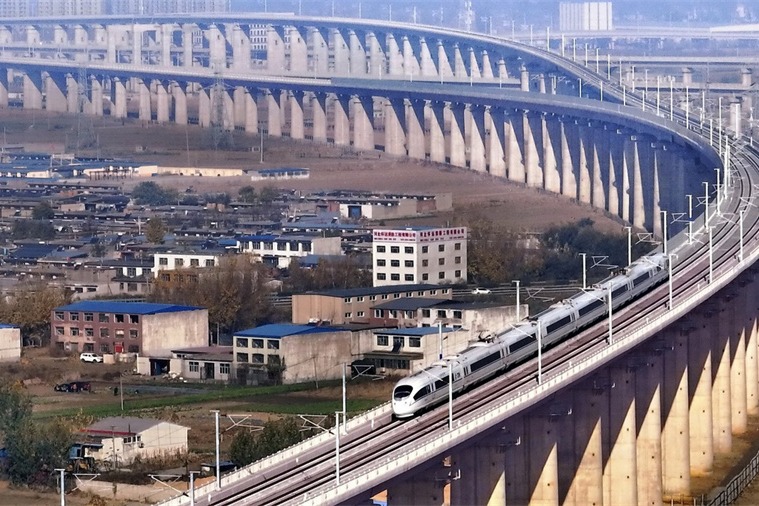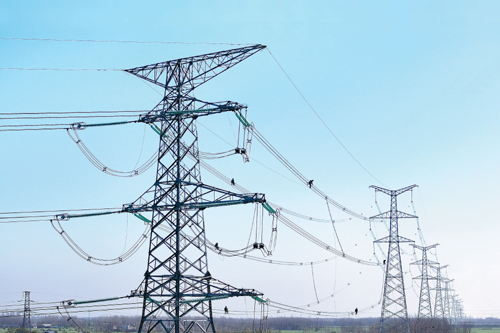Honda, Nissan may merge as talks begin
Japanese automakers look to collaborate in bid to reverse decline


Honda and Nissan are in talks to deepen ties, including a possible merger, as they seek solutions to increasing competition from the auto industry's fast shift toward electrification.
But analysts said it will take quite some time for the two companies to build synergy and Chinese carmakers will remain in the lead for the foreseeable future.
Roughly 60 percent of the world's new energy vehicles, including electric ones and plug-in hybrids, are produced in China, according to statistics from the China Passenger Car Association.
Over the past few years, smart NEV-related technologies have progressed rapidly, and the competition, exacerbated by a price war triggered by Tesla and escalated by BYD, has intensified pressure on any automakers losing money on next-generation vehicles.
Nissan announced a plan in November that includes cutting 9,000 jobs and 20 percent of its global production capacity, as slumping sales in China and the United States led to an 85 percent plunge in second-quarter profit.
The fierce competition has pushed companies like Honda and Nissan to seek ways to cut costs and speed up vehicle development, and mergers are a step in that direction.
The talks between Honda and Nissan, first reported by the Nikkei newspaper, could allow the companies to cooperate more on technology and help them create a more formidable domestic rival to Toyota.
Nissan was a trailblazer in EVs. Its Leaf hatchback was the first mass-market battery model on the market. Although this lead has largely been squandered, the company has technology that can be of help to Honda.
Nissan and Honda's discussions are focused on finding ways to bolster collaboration and include the possibility of setting up a holding company, reported Reuters.
The companies are also discussing the possibility of a full merger, according to one of the people, as well as looking at ways to cooperate with Mitsubishi, it said.
Mitsubishi, in which Nissan has a 26.7 percent stake, also has plug-in hybrid technology, where vehicles can drive a limited distance using battery power alone.
The two firms forged a strategic partnership in March to cooperate in EV development, but Nissan's deepening financial and strategic trouble in recent months has added more urgency for closer cooperation with larger rival Honda.
A combined Honda and Nissan would create a $54 billion company with an annual output of 7.4 million vehicles, making it the world's third-largest auto group by vehicle sales after Toyota and Volkswagen.
Zhang Xiang, a Shanghai-based auto analyst, said their possible merger could improve their competitive edge in China and across the world, as they can cut purchase costs because of the enlarged volume and share their respective competitive edge.
Also, if they merge, their respective manufacturing facilities and dealerships across the world can be better utilized, giving them an advantage over their rivals, said Zhang.
But he was quick to add that it takes time for them to see the results, and Chinese carmakers will still lead in the local market at least before 2030.
Currently, Chinese carmakers excel in both technology and efficiency. In car making, models were traditionally developed over roughly five to seven years and then manufactured for 14. But Chinese rivals can develop cars in as little as 18 months. A new Honda featuring Nissan's battery technology or Mitsubishi's hybrid system might not be on the market until the end of the decade.
Yet the possible merger may have its side effects as well. S&P Global Ratings said it would take time for the synergies from a potential merger to boost the firms' creditworthiness.
Differences in corporate culture and strategies may mean a merger that does not give one side control is unlikely to have meaningful results.
"In our view, there have been few instances where mergers and alliances between major automakers have led to significant benefits," it said in a note.
Honda and Nissan would also have to work out how to integrate their different corporate cultures if they proceed with a merger, analysts said.
"Honda has a unique, technology-centric culture with strengths in powertrains, so there should be some internal resistance to the merger with Nissan, a competitor with a different culture that is now faltering," said Tang Jin, a senior researcher at Mizuho Bank.
Honda, Nissan and Mitsubishi are expected to hold a joint news conference in Tokyo on Monday, reported Reuters, citing a source familiar with the matter.
Foxconn, which manufactures Apple's iPhones and has been seeking to expand its nascent EV contract manufacturing business, approached Nissan about taking a controlling stake but it was rejected by the Japanese firm, reported Reuters citing two separate sources.
"Constructive rivalry with Toyota is a positive for the rather stagnating Japanese car industry when it must compete with Chinese automakers, Tesla and others," said Seiji Sugiura, a senior analyst at Tokai Tokyo Intelligence Laboratory.
Reuters contributed to this story.
lifusheng@chinadaily.com.cn



































